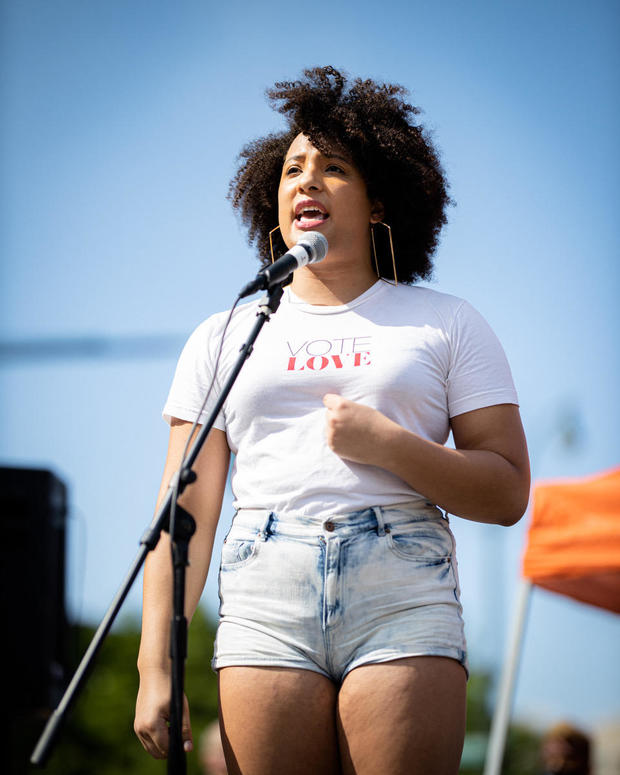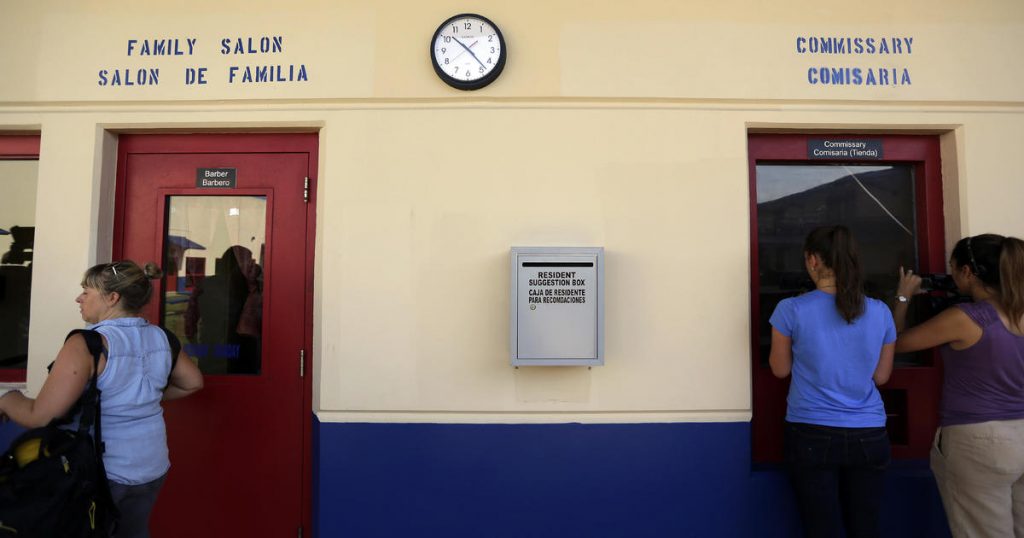New York-based performer and activist Ianne Fields Stewart had an idea in December 2018. Stewart wanted to raise money to hire a black transgender chef to go into the homes of black transgender people and cook a meal for them during the holiday season.
That idea sparked a collective, The Okra Project, which now provides free, home-cooked meals — and much more — to black trans people who may be experiencing food insecurity.
“At first it was just supposed to be a project that we would do as a nice way to address the fact that many people don’t have homes that they feel comfortable going home to in the winter time,” Stewart, who is a non-binary queer lesbian trans woman and whose pronouns are they/she, told CBS News. “So, that was the original idea of it and it has become something much more.”
The Okra Project has now facilitated chef-prepared meals to over 200 black trans people to date in New York, New Jersey and Philadelphia.
The Okra Project has partnered with community spaces to deliver the food if someone is experiencing homelessness or if their home “cannot support our chef’s cooking,” according to the collective’s site.
Stewart and the collective hire black trans chefs to provide people the luxurious experience with a community member who “looks, loves and lives” like them. The activist said chefs are typically “really excited” to be involved in the collective’s work, adding that it can also be “humbling and painful” at times for them to “deal with the realities of what our community faces every day.”
“So many of us sometimes can feel that we are alone or that we are the only one,” said Stewart. “So to have the opportunity to bring someone who is you into your home, and to have them say, ‘I choose you, I give you the gift of choosing you.’ We have no idea what kind of ripples can happen from the simple act of just choosing someone and saying, ‘You are important and you are worth doing this for.'”
The service is open to all black trans people regardless of their financial standing, Stewart emphasized. Additionally, Stewart said that often when the collective reaches out to someone, that person will initially decline the meal because they want the experience to go to another person in the community instead, who they think may have more need.
“There’s such a generosity of spirit in our community and such a kindness and a love for each other and a looking out for people that you don’t know and looking out for people that you may never meet, that is just really humbling and beautiful,” Stewart said. “But also, as I keep on reminding folks every time, like, ‘Nah, we’ll serve you. Come on, let us do for you.’ And whoever that person is that can’t afford it — we got them too. Because we got everybody.”
The coronavirus pandemic has put a pause on the collective’s ability to provide meals and food services, but that doesn’t mean The Okra Project has stopped serving its community. It has provided food bags and funds for groceries, among other contributions.
The collective has continued to send $40 grants to black trans people worldwide so they can purchase food if they are “experiencing emergency food shortages” through its International Grocery Fund, according to the collective’s site. The fund has sent grocery money to over 1,000 people as of June.
The collective also established two mental health recovery funds at the end of May in the wake of the killings of Nina Pop, Tony McDade and other black trans people, a press release states. The funds pay for black trans people to take part in one-time mental health therapy sessions with licensed black therapists.
At least 26 trans or gender non-conforming people were fatally shot or killed by other violent means in 2019, according to a report released by The Human Rights Campaign Foundation in November. The overwhelming majority of those killed were black women, according to the report.
Stewart said since the creation of the funds, the collective has raised on average $100,000 a day, solely in individual donations.
The collective also offers a variety of programs through #FeedTheSoul — a part of its work that focuses “on producing community efforts, providing resources, and creating affinity spaces that will encourage folks in our community to feed not just their bellies but also their souls,” according to its website.
These initiatives include a weekend training program where black trans people can learn basic skills in the kitchen and recipes to not only prepare meals for themselves, but also potentially prepare them to work as chefs, according to the website. Other initiatives include outings where black trans people can see off-Broadway performances for free, and the opportunity for people to relax at “Affinity and Wellness” spaces once a month.
Stewart’s idea blossomed into many and it is now a way for Stewart — and the collective’s team — to provide resources, understanding and services to their community.
“It feels good to hear from someone that I know and am in the community with and spend time with and have them say, ‘I need this.’ And for me to be attached to a collective and say, ‘And here it is,'” Stewart said. “It feels humbling and important and wonderful and joyous to know that we have the resources and the ability to determine for ourselves what our future and what our present, and even in some cases, what our past will be.”



